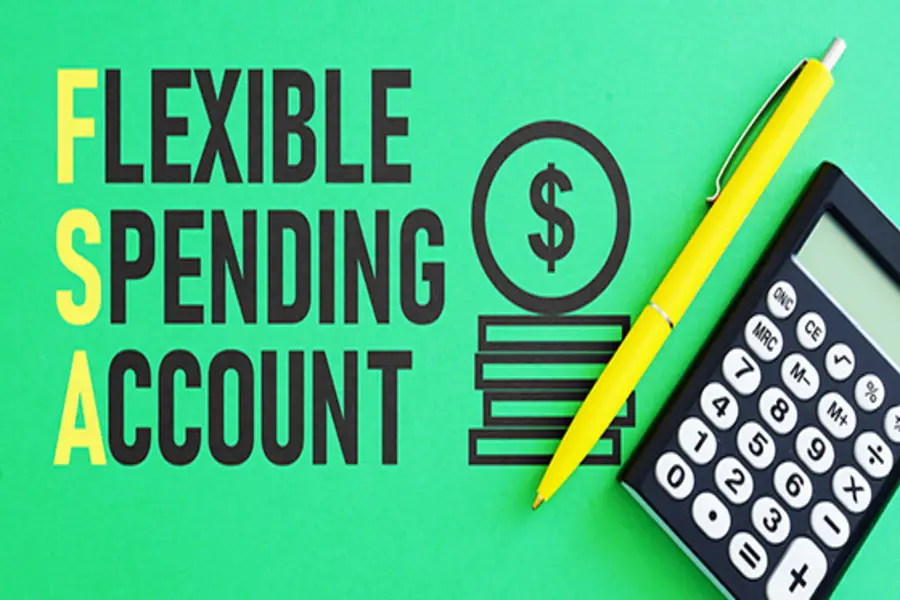Don’t Forget to Empty Out Your Flexible Spending Account

If you have a tax-saving flexible spending account (FSA) with your employer to help pay for health or dependent care expenses, there’s an important date coming up. You may have to use the money in the account by year-end or you’ll lose it (unless your employer has a grace period).
As the end of 2023 gets closer, here are some rules and reminders to keep in mind.
Health FSA
A pre-tax contribution of $3,050 to a health FSA is permitted in 2023. This amount will be increasing to $3,200 in 2024. You save taxes in these accounts because you use pre-tax dollars to pay for medical expenses that might not be deductible. For example, expenses won’t be deductible if you don’t itemize deductions on your tax return. Even if you do itemize, medical expenses must exceed a certain percentage of your adjusted gross income in order to be deductible. Additionally, the amounts that you contribute to a health FSA aren’t subject to FICA taxes.
Your employer’s plan should have a list of qualifying items and any documentation from a medical provider that may be needed to get reimbursed for these expenses.
FSAs generally have a “use-it-or-lose-it” rule, which means you must incur qualifying medical expenditures by the last day of the plan year (December 31 for a calendar year plan) — unless the plan allows an optional grace period. A grace period can’t extend beyond the 15th day of the third month following the close of the plan year (March 15 for a calendar year plan).
What if you don’t spend the money before the last day allowed? You forfeit it.
Take a look at your year-to-date expenditures now. It will show you what you still need to spend. What are some ways to use up the money? Before year end (or the extended date, if permitted), schedule certain elective medical procedures, visit the dentist or buy new eyeglasses.
Dependent care FSA
Some employers also allow employees to set aside funds on a pre-tax basis in dependent care FSAs. A $5,000 maximum annual contribution is permitted ($2,500 for a married couple filing separately).
FSAs are for:
- A child who qualifies as your dependent and who is under age 13, or
- A dependent or spouse who is physically or mentally incapable of self-care and who has the same principal place of abode as you for more than half of the tax year.
Like health FSAs, dependent care FSAs are subject to a use-it-or-lose-it rule, but the grace period relief may apply. Therefore, it’s a good time to review your expenses to date.
Other rules and exceptions may apply. Your HR department can answer any questions about your specific plan.
(This is Blog Post #1500)


